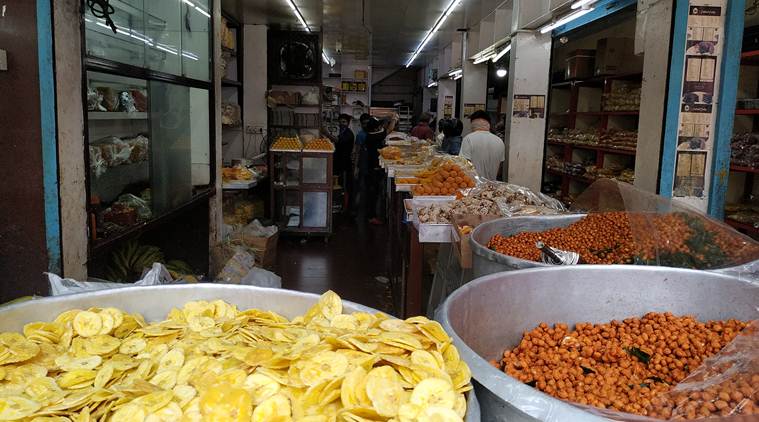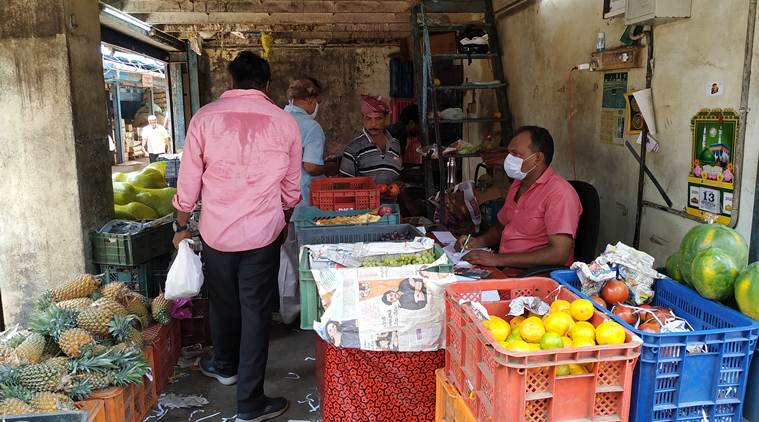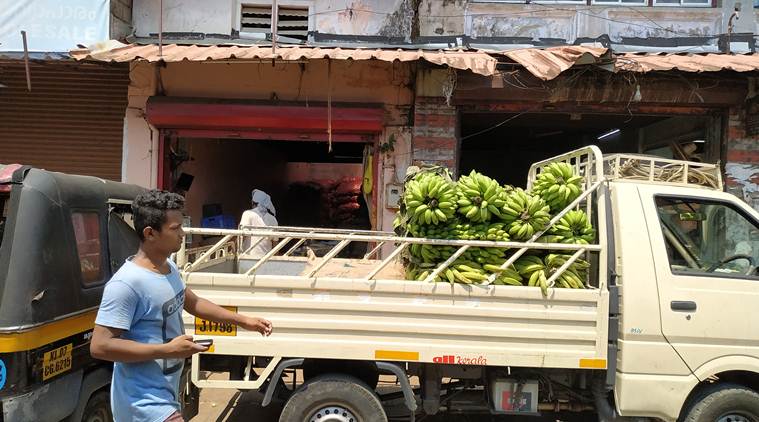 The konna flower from the golden shower tree is hardly to be seen. Shelves of supermarkets and retail shops are fast emptying out with people buying whatever they could to prepare a modest feast.
The konna flower from the golden shower tree is hardly to be seen. Shelves of supermarkets and retail shops are fast emptying out with people buying whatever they could to prepare a modest feast.
Every year, on the eve of the Malayalam new year of Vishu, families flock to buy new clothes and accessories. The markets teem with people haggling over vellari (golden melon) and konna (the beautiful yellow flower), the two ubiquitous elements of the ritualistic arrangement of the festival. The youngsters and children are drawn more toward the makeshift stalls selling crackers. Automobile showrooms and garment stores would be having a gala time with massive discounts. And local television networks would finetune their next day’s programming — mostly chat shows with celebrities, latest movies and cookery shows experimenting with various dishes of the sadhya.
But on Monday, with Vishu just a day away, there’s little hint in Kerala that a festival is around the corner. The streets are empty. The konna flower from the golden shower tree is hardly to be seen. Shelves of supermarkets and retail shops are fast emptying out with people buying whatever they could to prepare a modest feast. Though there has been ample production of the vellari (golden melon) by farmers, distribution networks are choked and supplies are limited. With celebrities closeted in their homes, television programming will be limited to interactions with them over the internet. The three-week national lockdown, put in place to stem the spread of the novel coronavirus pandemic, has brought life to a standstill, drowning out any hint of Vishu-related fervour in the state.
 Even as the Vishu festival is a day away, people in Kerala are stepping out to buy only essential commodities.
Even as the Vishu festival is a day away, people in Kerala are stepping out to buy only essential commodities.
“Clearly, this is not the time to celebrate. We would have loved to go over to each other’s homes and have elaborate feasts, but we can’t. Vishu, this year, will be limited to humble observances at our own homes,” said Binu, who works with a diagnostic lab in Kochi.
Every year, on the eve of Vishu, Binu would take his wife and children, would travel from Kochi to his ancestral home of Changanassery in Kottayam district, 80 km away. In the company of his aged parents, Binu’s family would set upon decorating the arrangement for vishu-kani the previous night, wake up to it the next morning and then spend the afternoon preparing a sumptuous feast. All of that is impractical this year.
“We’re preparing a simple meal. That’s it,” he added.
 Distribution centres are choked and supply lines are limited, Kerala has demanded that the Centre design economic packages for the states that can help soften the blow for small-scale and medium industries.
Distribution centres are choked and supply lines are limited, Kerala has demanded that the Centre design economic packages for the states that can help soften the blow for small-scale and medium industries.
As for the absence of the konna flowers in markets, he said, “I don’t know if it’s climate change or what, but the flowers bloom by March itself and wither away before April. So there’s no chance of getting konna.”
To be sure, Kerala is doing much better in comparison to other states in the fight against Covid-19. In the third week of March, the state had stood first in terms of most number of coronavirus cases, but by second week of April, as a result of robust disease surveillance, testing and treatment methods along with the fruits of a sternly enforced lockdown, Kerala has slipped out from the top five slots and has begun to ‘flatten the curve’ of infections. Almost half of those detected with the virus have recovered and been discharged from hospitals.
But the economic fallout of the pandemic through the lockdown stares hard in the face of the state. Finance Minister TM Thomas Isaac has sounded a warning that the remaining months of the year are going to be extremely challenging for the people. He has demanded that the Centre design economic packages for the states which can help soften the blow for the small-scale and medium industries.